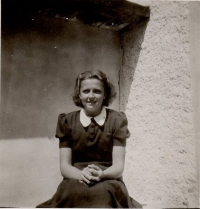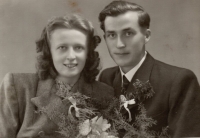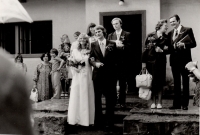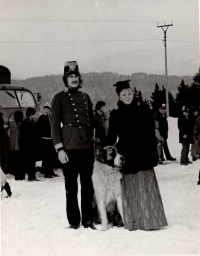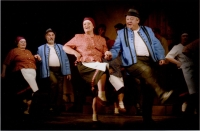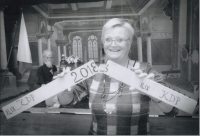Everything bad is good for something, even if it doesn’t seem like it at the time
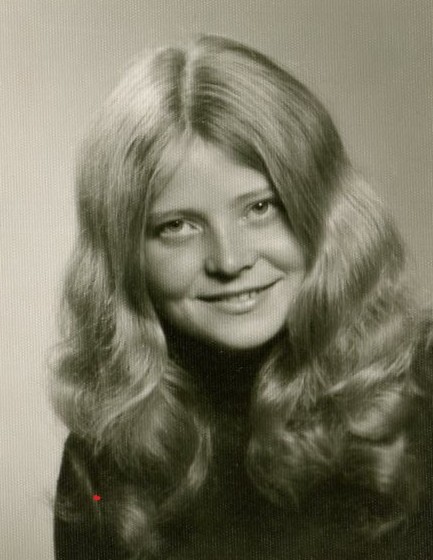
Download image
Svatava Hejralová was born on June 21, 1957 in Jilemnice. She grew up in Rokytnice nad Jizerou. Her father Václav Hladík, a National Socialist by conviction, brought up his five daughters in the First Republic spirit. In the 1950s, he was dismissed from his job, and for a long time he was unable to find a job due to his political profile. His maternal grandfather Otakar Novák was executed for resistance activities during the Protectorate, and his grandmother spent a year and a half in German labour camps. For years, local communist officials prevented Svatava and her sisters from studying. After graduating from high school, the witness passed a second diploma at the extension school for cultural and educational workers, got married and stayed permanently in Vysoké. Her husband Jan Hejral was from a prominent Vysoke theatre family. He had considerable musical talent, but for political reasons he was not allowed to study music and had to go into teaching. Svatava has been a member of the Krakonoš Theatre Association in Vysoké nad Jizerou since 1972, and to this day she also plays in a puppet troupe, organizes shows, organizes archives, and keeps the tradition of amateur theatre alive. For her lifelong contribution to amateur theatre she was awarded a medal and honoured by the Governor of the Liberec Region. In addition to theatre, Svatava is also a long-time blood donor. For 160 donations she was awarded a significant prize - the Diamond Cross.















